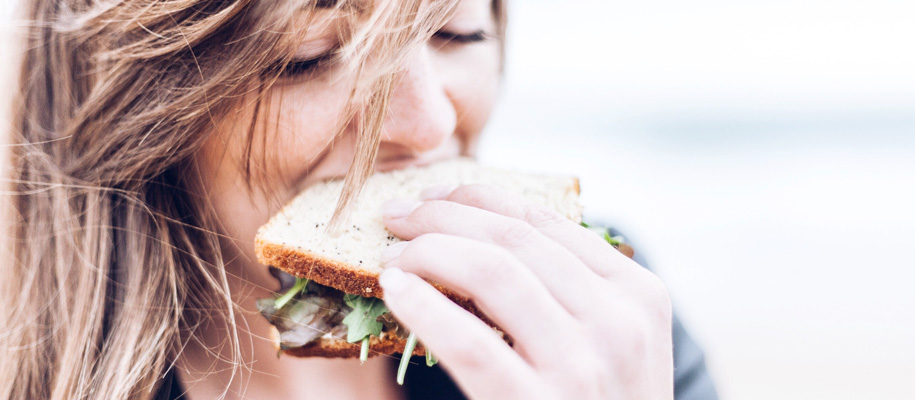Written by Dr. Masís
In a previous blog about probiotics, we discussed the top things you need to do about these special microbes (or tiny forms of life such as bacteria, viruses and fungi) that thrive in different parts of your body, particularly in your gut! To recap, probiotics are microbes that help support your intestinal microbial ecosystem and balance.1 So now that you know a little bit more about probiotics, you have no doubt also become aware of the term prebiotic and are probably thinking—yes there’s more to know than just probiotics! Prebiotics do differ from probiotics in many ways. Think of prebiotics as a fuel source for the beneficial bacteria in your gut.Read More


